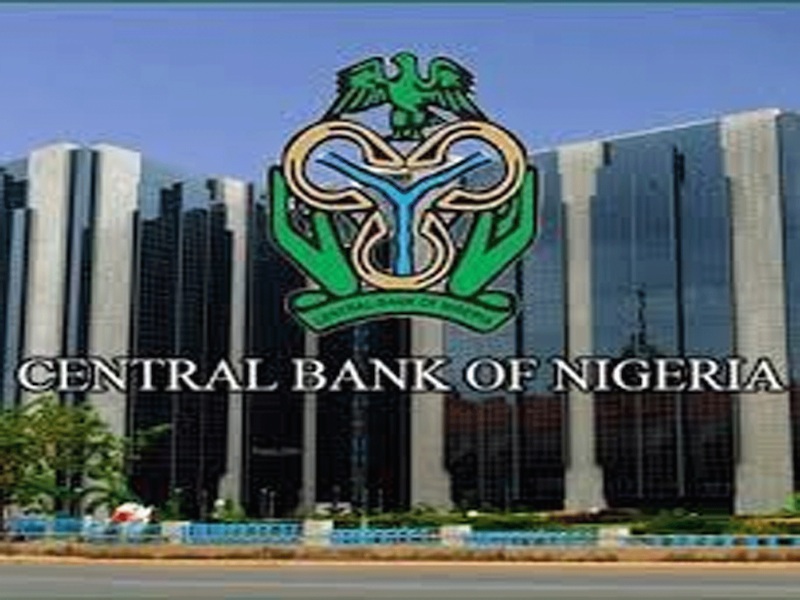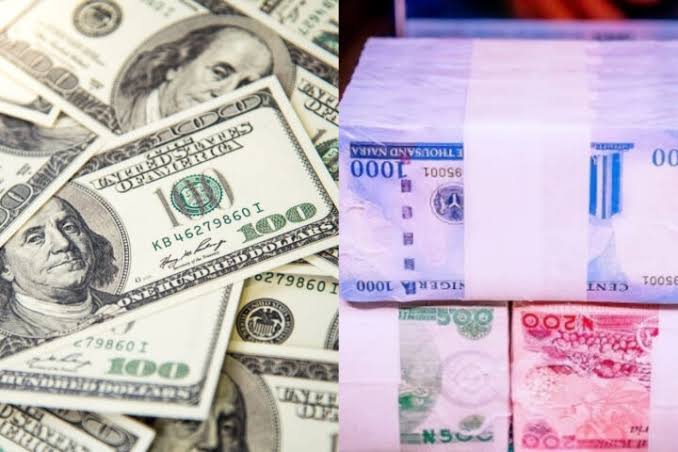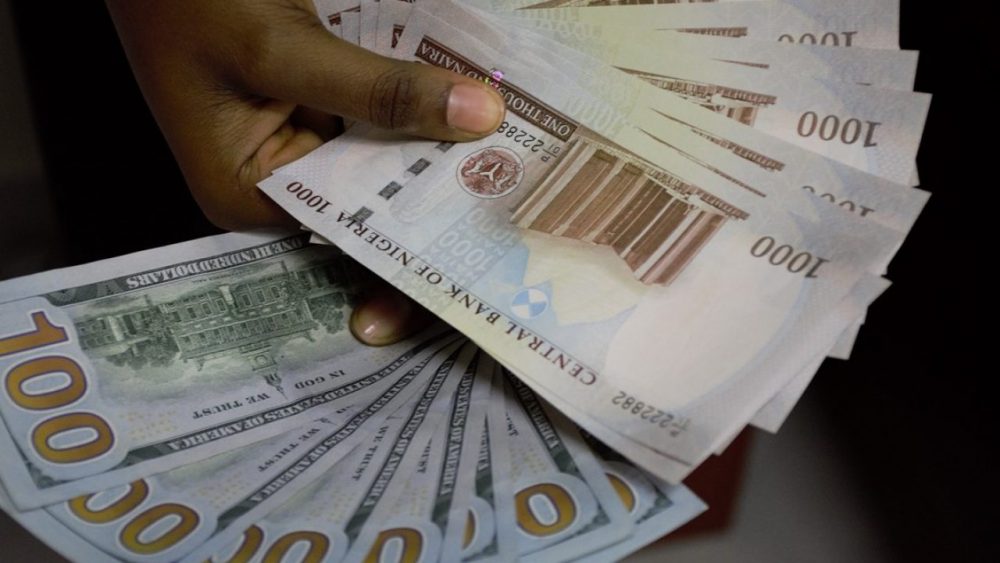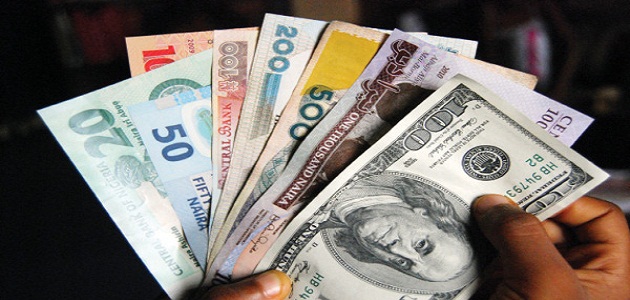Central Bank of Nigeria (CBN) has said that it is unable to launch new financial intervention programmes due to an outstanding N4.69 trillion from previous schemes, restricting its capacity to support additional initiatives.
Gatekeepers News reports that speaking on Tuesday at the 303rd Monetary Policy Committee (MPC) meeting in Abuja, CBN Governor Olayemi Cardoso said a review of past interventions revealed that the total value disbursed over the last decade stood at N10.93 trillion.
Cardoso said, “Now, we did a survey, a small study, of interventions in the central bank. And we came out with certain numbers, which showed that intervention, total amount of intervention was about N10.93 trillion, which goes back perhaps 2010 or 2013.”
“Now, out of that, we still have outstanding of N4.69 trillion naira, which represents about 43 percent of those interventions. Since we have come, we’ve been able to reign back about N2 trillion. This is a humongous amount of money.”
He noted that the large outstanding balance constrains the bank from initiating new schemes. Paradoxically, this limitation has helped prevent market distortions historically caused by some interventions.
Cardoso added that the CBN is now prioritizing policies that encourage private sector growth, recognising that previous interventions created moral hazards and limited competition.
The Governor also reported a 9.19 percent increase in Nigeria’s gross external reserves, which rose to $46.70 billion as of November 14, 2025, up from $42.77 billion at the end of September. He said this level is sufficient to cover 10.3 months of imports for goods and services.
On the global economic outlook, Cardoso said recovery is expected in the near to medium term, supported by improved trade negotiations, accommodative monetary policies in advanced economies, and easing geopolitical tensions.
He warned, however, that risks remain from rising protectionism, geo-economic fragmentation, and potential renewed trade tensions between the United States and its key trading partners.
The CBN Governor said, “Global inflation is expected to maintain a steady decline through 2026, on the back of the combined impact of past monetary tightening, gradual mobilisation of the global supply chain, and softening commodity prices. Inflation is, however, projected to remain above pre-pandemic levels in the near term.”
Cardoso also highlighted domestic growth signals, noting that Nigeria’s purchasing managers’ index (PMI) rose to 56.4 points in November 2025, the highest in five years, indicating stronger economic performance in the third and fourth quarters.







